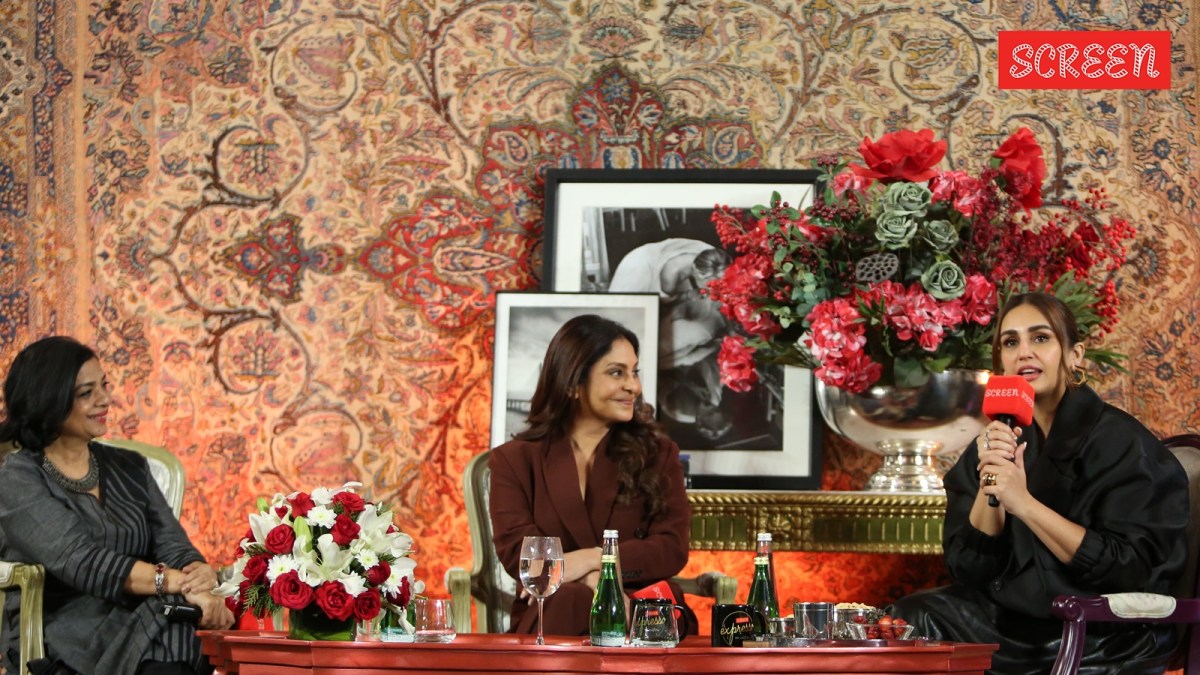Click here to follow Screen Digital on YouTube and stay updated with the latest from the world of cinema.

Shefali Shah and Huma S Qureshi recently went head-to-head in the latest instalment of the International Emmy-winning Netflix series Delhi Crime. The show’s new season leans into a tense cat-and-mouse chase between a female cop and a female human trafficker, a narrative energy that mainstream cinema hasn’t always embraced. When the two actors came together at the 10th edition of Expresso, they addressed a larger, urgent question: Is OTT truly taking creative risks, or is it slowly drifting back toward convention?
Huma believes streamers are still championing stories that would otherwise struggle to find space. She said, “Whether it’s Netflix or any of the other platforms, they’re slowly rejecting this conventional wisdom that the theatrical business is only led by men, and therefore only films with male-centric subjects will get greenlit. However, today the OTT space has shown time and again that there is a ready audience, a captive audience, and it consists of both women and men. I don’t think shows like Delhi Crime or Maharani are only seen by women; they’re watched and loved by everyone. The numbers speak for themselves. So if tomorrow Delhi Crime were to be made as a film, I’m sure a lot of people would go and watch it.”
Shefali Shah agreed with her co-star’s concerns and pointed out that this shift has been long overdue. “I think it’s changing now. If you go back to the ’60s and ’70s, there were so many films led by women, Aradhana, Amar Prem, Ghar, Guide, Aandhi. And then, unfortunately, there came a phase where the woman became an accessory to the film. You just had to be tall, pretty, thin, and between 18 to 25, if you were lucky. Beyond that, there was no space for anyone. OTT platforms really changed that. They started giving full-fledged roles and stories that you may not have heard before, stories that may not conventionally fit the box office template or whatever the ‘requirement’ was. And so many creative people, I can say this confidently, so many who were brilliant but never got the opportunity, whose compliments never translated, got actual work.”
Shefali continued by citing examples of actors whose careers expanded because OTT opened the doors: “When I see Nawaz, Jaideep, Rajkummar Rao, Vijay, I feel, oh my God, I’m so happy they’re where they are. They deserve it, and rightfully so. So I think the OTT platforms gave that opportunity, not just to actors, but to writers, to directors. There were stories that may have been shot down earlier with, ‘This won’t work in theatres.’ And now they finally have a place.”
Click here to follow Screen Digital on YouTube and stay updated with the latest from the world of cinema.